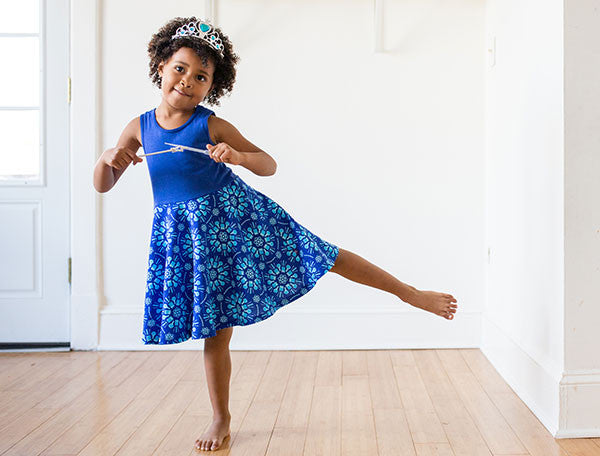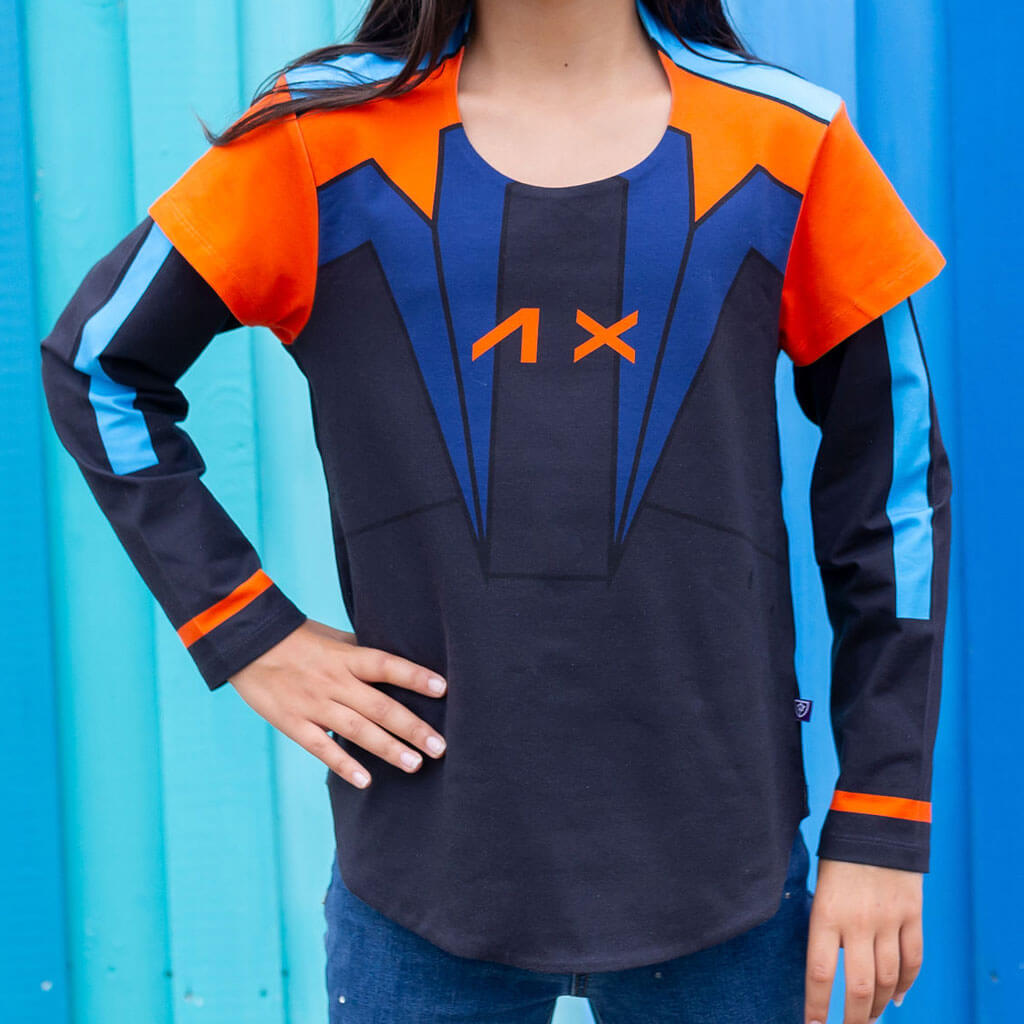FLASH SALE: Adult "Smarty Paints" Dresses are $45!
FLASH SALE: Adult "Smarty Paints" Dresses are $45!
Shop Now
New
Sale
A Ruler By Any Other Name
November 22, 2014 3 min read

It is a well-established fact that girls like to dress up as princesses.* Many of them even refer to themselves as princesses. As evidence, I submit this picture I took of the list of names chosen by the little girls in my son’s pre-K class:
Clearly, there is something that is very appealing to little girls about being a princess. And yet, many adults cringe when little girls play princess. Why is that?
I think my friend here summarizes it perfectly:
Yes, it’s true. To us adults, being a princess is not an empowering choice. Becoming a princess is something that in real life happens to maybe 3 people over the course of 100 years. A child’s chances of being born as or growing up to become a real princess are about as close to 0 as you can get. I’m not a statistician, but I would guess those chances are in the same neighborhood of the chances of making a random phone call to someone who just got struck by lightning.** And, beyond the likelihood of actually becoming a princess, princesses these days don’t have much real power. Thanks, democracy!
Anyway, parents want their children to make empowering choices - choices that turn the child into something (engineer, author, doctor) or help them master something (learning to play piano or ice skate or dance). But the choice to be a princess? To adults, that seems about as powerful as choosing to be a statue. Pretty to look at, but it does NOTHING.
At Princess Awesome, one of our driving principles is to let girls’ choices guide us in creating clothes for them, clothes that reflect what they want to be and what they want to do. So we thought long and hard about how girls might view being a princess and why it is so appealing to many of them. We thought about fairy tales - old ones like Cinderella and new ones like Frozen - looking for a common theme. We read some really good commentary on the subject (Women Who Run With the Wolves), and, most importantly, we watched and listened as little girls around us played princess (or at least donned a princess dress) on a regular basis. And we came up with a new theory.
To a child, a princess does have power. A princess, unlike a child, has control over what she does or does not do. She is the powerful daughter in a royal family (as opposed to the child’s real life family). She gets to be in control of her life and be royalty AND wear a beautiful dress. And let’s not forget, she will one day grow up to be The Queen, the ruler of the land.

Princess Science. Princess Math. Princess Sparkle Unicorn. Whatever kind of princess she wants to be.
Because of all of this, a princess is a person with a lot of responsibility (and a fabulous wardrobe). Some princesses go through trials and dangers; others must learn to control their innate gifts; still others must learn to be virtuous (brave, charitable, persevering, etc).
All of these things train the princess to rule her kingdom (and hopefully develop outstanding fashion sense). A ruler who has no empathy for others’ struggles becomes an oppressor. A ruler without self-control can plunge a nation into chaos and war. A ruler who is indolent wastes the kingdom’s resources.
Girls playing princess are almost certainly not consciously thinking about any of those adult things, but to a child, a princess is not just a statue. She is practicing how to act and do and be -- freed from the control of her merely normal, regular parents.
Even though almost no child grows up to be a real princess, EVERY child grows up to be an adult with responsibilities - a ruler of a certain kind - even if their sphere of influence is very small. That is the piece that adults are missing.
My mother-in-law once gave me some great parenting advice: “You can’t tell a child they have a choice, and then tell them they’ve made the wrong one.” We can’t keep telling little girls that they can be anything they want, and then tell them they can’t be princesses. We can, however, help them understand the enormous responsibilities that princesses inherit, and train them wisely and lovingly to become the rulers they are destined to be (with impeccable taste in fashion).
******************************************************
* Of course we know this isn’t true for all girls. It was just a good, tongue-in-cheek opening line. What we actually mean is: a decent amount of girls, possibly even tipping into a majority, however slim.
**Randall Monroe, can you figure that out for us?
Leave a comment
Comments will be approved before showing up.
Subscribe
Sign up to get the latest on sales, new releases and more …









